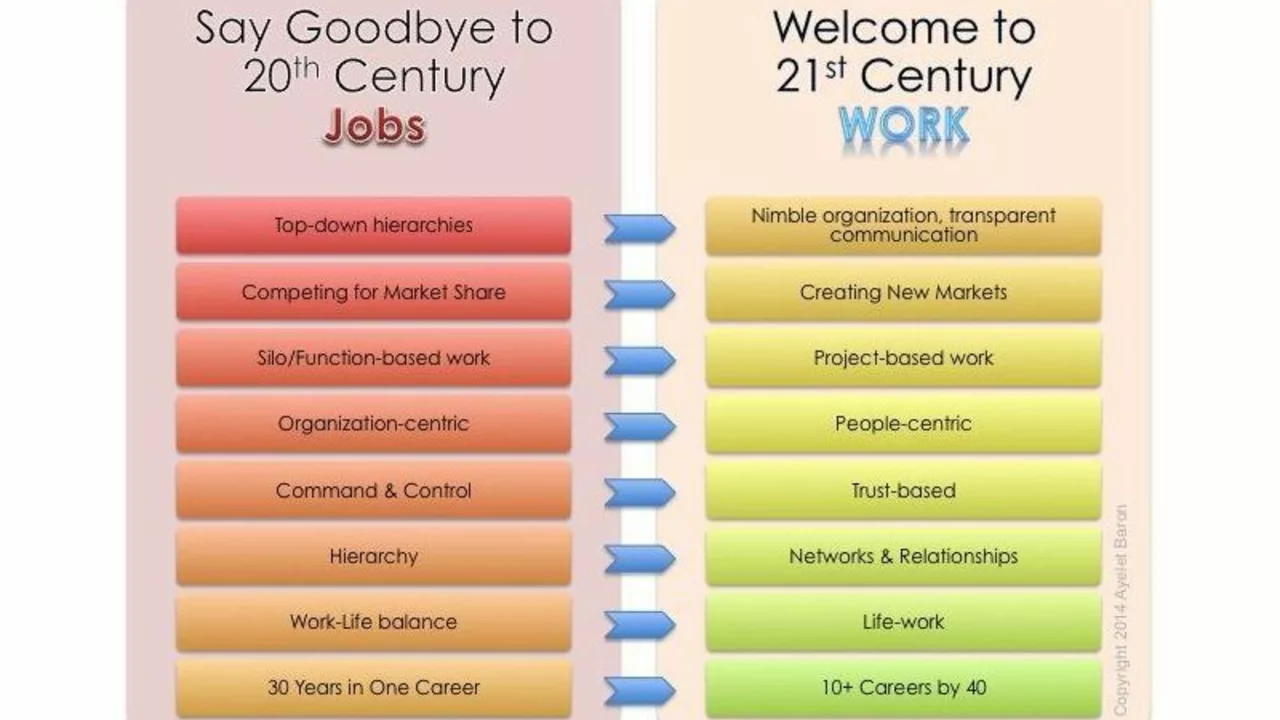Rapid Essay Tutor - Page 2

Taylor Swift’s ‘Who’s Afraid of Little Old Me?’ Dissects Fame, Fury and the Aftermath
Taylor Swift’s “Who’s Afraid of Little Old Me?” confronts fame and past feuds, soaring to the top ten worldwide and sparking debate with its witch‑circus imagery.

Kneecap apology rejected by Jo Cox's husband as half‑hearted
Brendan Cox, widower of slain MP Jo Cox, dismisses the Belfast rap trio Kneecap's apology as insufficient, demanding a genuine contrition. He condemns the alleged 2023 concert remark encouraging violence against Tory MPs. Police are reviewing the footage as the band faces renewed scrutiny after a pro‑Palestine Coachella set. The episode sparks fresh debate on MP security and the limits of political expression.

Commanders vs. Packers: Week 2 Thursday Night Football Odds, Matchups, and Betting Preview
Washington heads to Lambeau on a short week looking for its first win there since 1986. Green Bay is a 3.5-point favorite after the line climbed from -1.5, with a high total of 48.5. Both teams won in Week 1. Key angles: Packers’ banged-up O-line, Jayden Daniels’ pace and legs, and market buzz that may be overreacting to Green Bay’s opener.

Chronic Hives: Why Scratching Feels So Good—and How to Finally Stop
Scratching hives feels great for a moment, then the itch roars back even worse. Here’s what’s happening in the body and what actually helps. We break down the science of the itch–scratch cycle and the treatments that calm it—from antihistamines to newer biologics. Plus, practical tricks to cut the urge to scratch and sleep better.

Online education should be of high quality?
As an avid believer in the power of online education, I can't stress enough how critical it is to ensure the quality of education we receive online. In this fast-paced digital era, we should not compromise on the learning standards, even if the education is being conducted remotely. This article will throw light on the importance of high-quality online education and our collective responsibility towards achieving it. Join me as we delve into the pressing issues, potential solutions, and the promising future of online education.

What is the role of technology in education at present?
Ever wondered about the impact technology has on our classrooms today? As a guy passionate about tech and education, I've been doing a deep dive into the subject. In today's post, we'll cover the role of technology in education at present, discussing the advancements and enhancements it brings to teaching and learning. I'll share insights on modern educational developments and the increasingly important place of EdTech in our schools and colleges. Tune in, the future of learning is more exciting than you think!

Does subsidizing higher education lower its value?
As an avid education enthusiast, I've spent a lot of time pondering over a particular question - does subsidizing higher education lower its value? This article dives deep into this dilemma, debating the pros and cons of education subsidies, their impact on the quality of education and how it shapes public perception about the value of degrees. Tune in, as we dissect this topic and attempt to shed some light on the intricate relationship between higher education, its cost, and its perceived value.

What is learning and teaching in extension education?
Hey folks, let's dive into this nifty little concept called extension education. Picture it as the Robin Hood of learning and teaching, where it extends knowledge from those who have it to those who need it. Isn't that just amazing? It's about learning beyond the four walls of the classroom, giving you the real-world skills to tackle everyday problems with a confident smile. So, to put it in a nutshell: extension education is like your favorite superhero, swooping in to save the day by extending learning beyond traditional boundaries and making teaching a lively, engaging process. Huzzah to learning without limits!

How you can integrate 21st century education in the curriculum?
Well folks, strap on your thinking caps because we're about to embark on a journey of educational innovation! We're talking 21st century education integration in our curriculum - fancy, huh? Imagine a classroom where creativity, critical thinking, communication, and collaboration are the main stars. A place where technological advancements don't just play a supporting role, but are the main act! So here's the kicker - by blending traditional teaching methods with digital tools, we can create a proactive learning environment that prepares our future leaders for the world that awaits them. And remember, it's not about replacing teachers with robots, it's about making learning as cool and exciting as the latest superhero movie. Now, who's ready to take education to the next level?

What are the lyrics for the Education Connection song?
The Education Connection song is a catchy jingle that has been used in commercials to promote online education. The lyrics emphasize the convenience and flexibility of online learning, highlighting the ability to study at any time and from any location. The song also points out the benefits of personalizing education to match one's interests and goals. It's a fun, memorable tune that has become synonymous with the brand. Though a simple jingle, it encapsulates the company's mission in a few rhythmic lines.